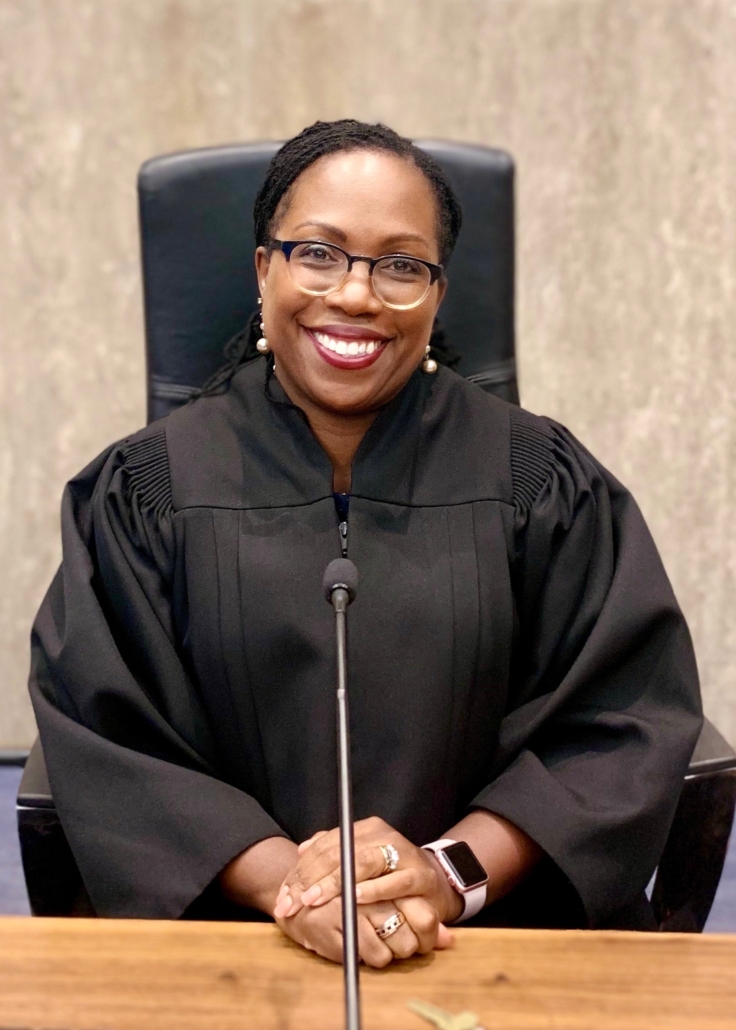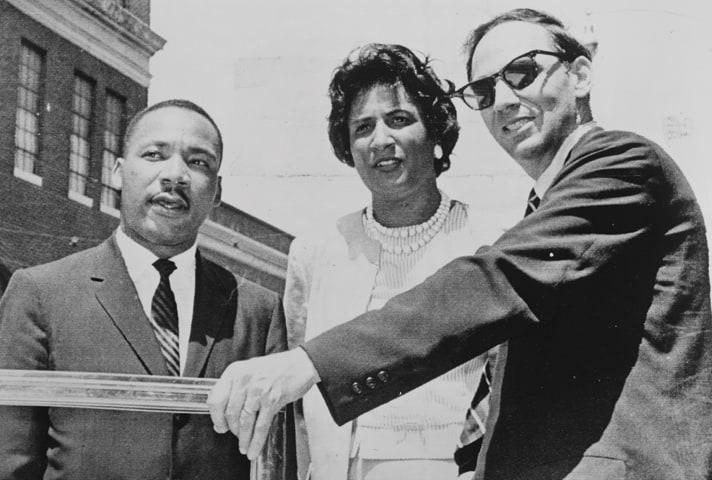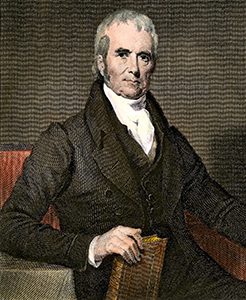PopCiv 17: The First Black Female Nominee to the Supreme Court
Introduction
As we close out Black History Month, we’re diving into the news that President Joseph Biden has nominated the first African American woman to the Supreme Court. After Associate Justice Stephen Breyer announced in late January his retirement from the Court, the nation has been eagerly awaiting word from the White House about the President’s nominee. On Friday, February 25, President Biden announced Judge Ketanji Brown Jackson is his nominee.
The Honorable Ketanji Brown Jackson.
A Supremely Historic Nomination
The process by which nominees are vetted and interviewed by a Presidential administration is highly secretive. In 2016, Sonya Sotomayor was told to drive to Washington, DC, rather than risk being seen flying from New York to the Capitol for her interview with President Obama, and in 2005, Samuel Alito was secreted into the East Wing residence of the White House to meet with President George W. Bush rather than risk being seen entering the West Wing. In short, administrations are rarely eager to show their hands by leaking the names of their nominees before they’re ready to do so. The hubbub around Biden’s pick for Breyer’s seat was equally heightened; news outlets were abuzz with predictions about potential nominees, among whom Judge Brown Jackson was included.
By being tapped to fill Justice’s Breyer’s seat, Judge Brown Jackson is not only shouldering the weight of a nomination to the Supreme Court, but this constitutes a truly historic appointment. In its two hundred and thirty-two years, the Supreme Court has yet to see a Black female Justice join its ranks.
Ketanji Brown Jackson is a Judge for the United States Court of Appeals (District of Columbia Circuit) who was born in the nation’s capitol but raised in Miami, FL. After graduating cum laude from Harvard Law School in 1996, Brown Jackson clerked for Justice Breyer from 1999-2000. In addition to working in private legal practice, Brown Jackson has experience working as a federal public defender and served as Vice Chair of the U.S. Sentencing Commission. She first took the bench in 2012 after being nominated by President Obama to the U.S. District Court for Washington, DC, and receiving support from both sides of the aisle in the Senate. In 2021, President Biden appointed Brown Jackson to the U.S. Court of Appeals, where she sits to this day. While her nomination is supported by Democratic members of the Senate, some conservatives in Congress signaled their wariness about her past as a public defender during her 2021 confirmation hearing for the Court of Appeals. Pundits have wondered whether this could indicate a future political battle to confirm her nomination to the Court.
While Brown Jackson is the first Black woman to be nominated to the Supreme Court, women of color have been named to and seated on judicial benches in the lower courts. According to the Pew Research Center, around 70 of the 3,843 individuals who have served on a Federal bench have been African American women. The first among them was Constance Baker Motley, the daughter of immigrants from Nevis Island in the Caribbean. Both of her parents worked in the service industry, and her mother was a founder of the New Haven, Connecticut NAACP chapter. After graduating from Columbia Law School in 1946, Baker Motley worked for the NAACP Legal Defense Fund as its first female attorney, and served as lead trial attorney for some of the most well-known Civil Rights cases of the time. She was the author of the original complaint in the Brown v. Board of Education case, and became the first Black woman to argue a case before the Supreme Court with her work in Meredith v. Fair. After a period serving in the New York State Senate, Motley Brown was nominated to the United States District Court for the Southern District of New York by President Lyndon B. Johnson in 1966. Although she faced criticism from the Senate Judiciary Committee (including accusations of being a Communist sympathizer), Baker Motley was confirmed by the Senate and took her seat on the bench in 1966. She served on that Court, becoming Chief Judge from 1982-86 and then assumed senior status (a form of semi-retirement for Federal Judges) until her death in 2005.
Constance Baker Motley, center, with Martin Luther King, Jr., (left) in July 1962, after successfully arguing that protesters had the right to demonstrate in Albany, GA. Lawyer William Kuntsler is at right. Courtesy Library of Congress.
Replacing a Justice











